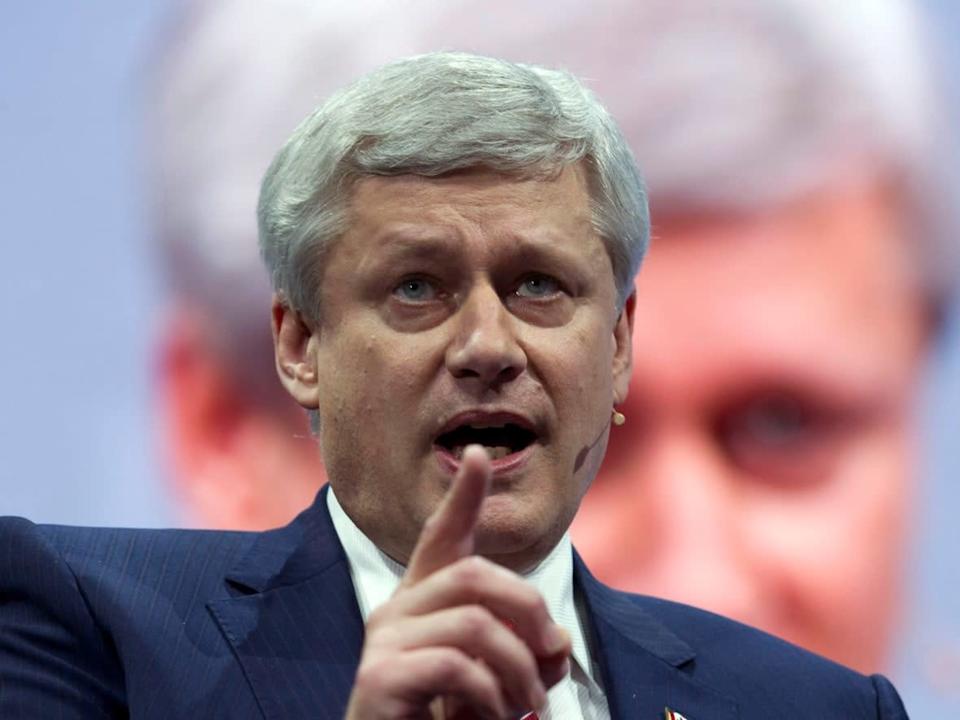Former Prime Minister Stephen Harper recently made headlines by advocating for increased military funding. In an era marked by geopolitical uncertainty, his assertion prompts a provocative question: how much is enough when it comes to national defense? As global conflicts proliferate and security threats evolve, the dialogue surrounding military expenditure becomes not just relevant but imperative for national conversations.
Harper’s position suggests a robust belief in the necessity of a well-resourced military, one capable of responding decisively to both traditional and asymmetric threats. The argument hinges on the premise that a formidable defense mechanism is the cornerstone of national sovereignty. However, the challenge lies in balancing the equation—how do we fund a military without detracting from essential domestic programs such as healthcare and education?
Furthermore, Harper’s call for enhanced financial resources raises questions about strategic priorities. Should the emphasis be placed on conventional warfare capabilities, or is there a need to pivot toward cyber defense and unconventional tactics? As warfare increasingly transcends physical battlegrounds, the necessity for adaptive capabilities becomes paramount. This could potentially divert funds away from traditional military expenditures to bolster cybersecurity, intelligence gathering, and other modern defense strategies.
The implications of Harper’s statement extend beyond mere numbers on a budget proposal. It introduces a spirited debate regarding the moral and ethical implications of military spending. Is it prudent to invest heavily in armaments when pressing social issues persist? For instance, would the enhancement of military budgets come at the cost of social programs that address poverty, mental health, and community welfare? These quandaries pose profound challenges, asking not just what kind of military we want but what kind of society we aspire to foster.
As citizens engage in this vital discourse, it is crucial to scrutinize the metrics by which military effectiveness is judged. A higher budget does not automatically equate to a stronger defense posture. Instead, it invites a deeper examination of strategic vision and operational competency. Will increased funds lead to innovative advancements in military technology and recruitment, or will they engender bureaucratic expansion without proportional outcomes?
In conclusion, Stephen Harper’s appeal for a re-evaluation of military funding encapsulates a complex nexus of defense policy, fiscal responsibility, and societal values. As this debate unfolds, it becomes increasingly evident that comprehensive dialogue must be encouraged. Ultimately, the path forward will require not just additional resources, but also a thoughtful exploration of both our national priorities and our collective conscience.
